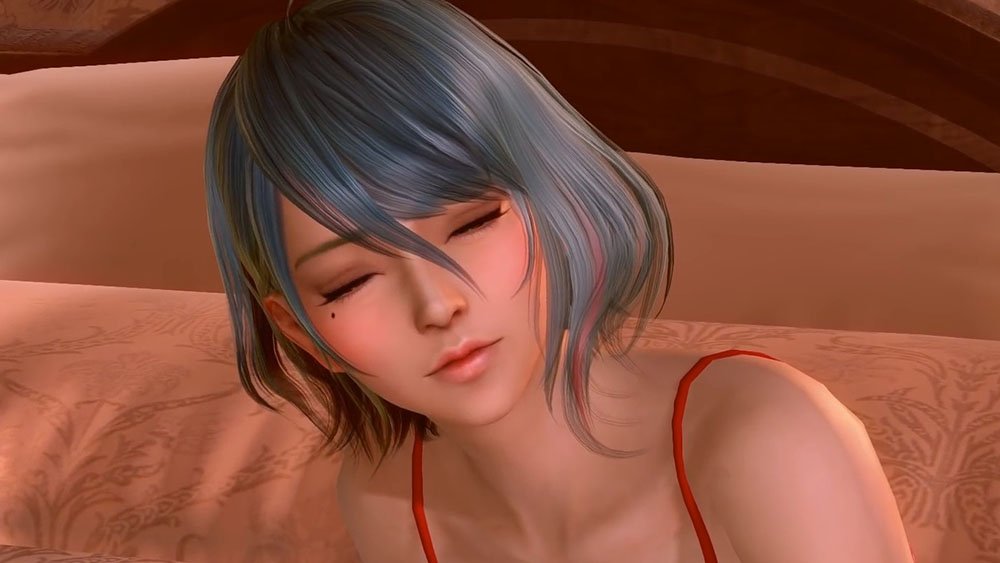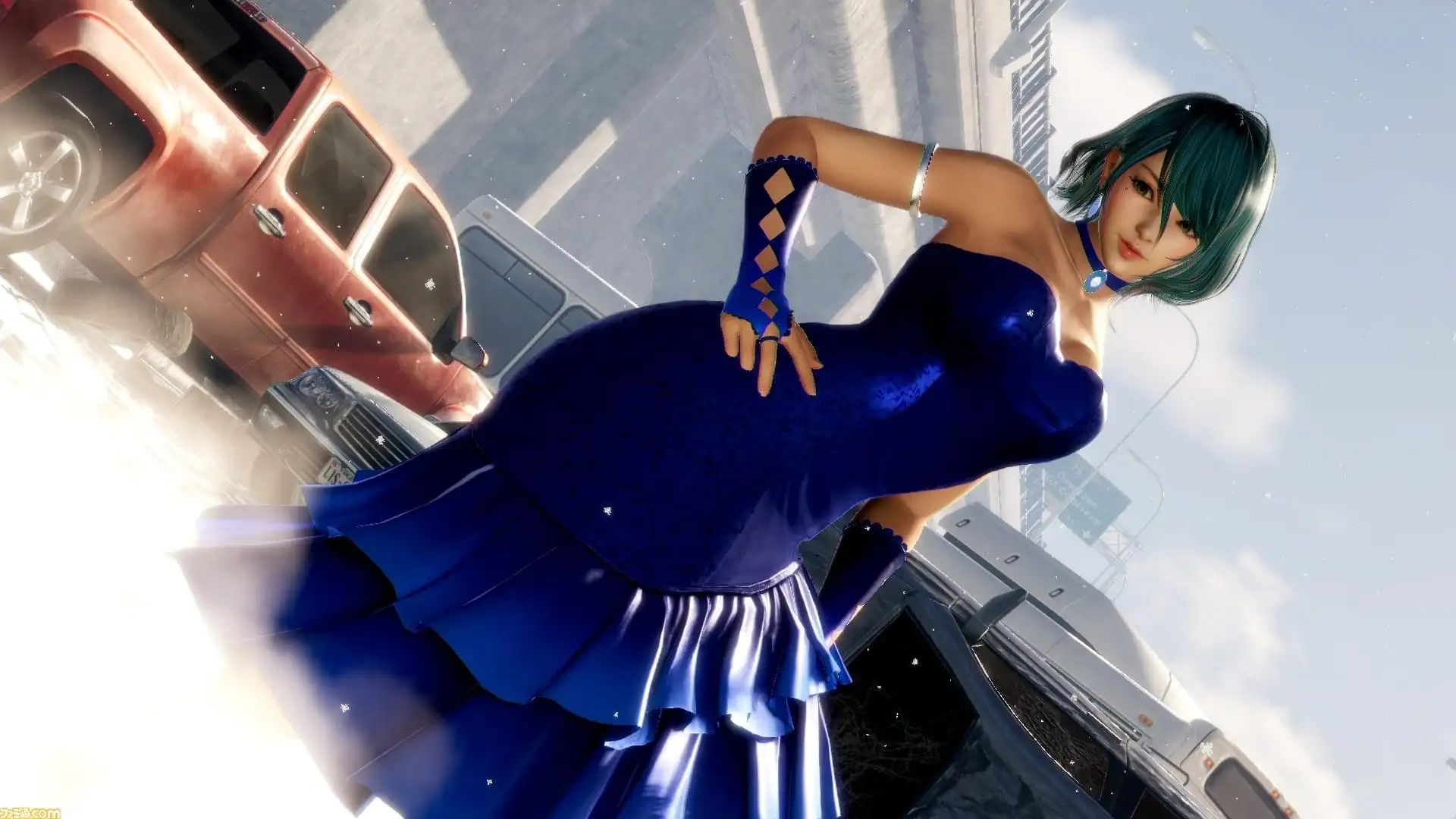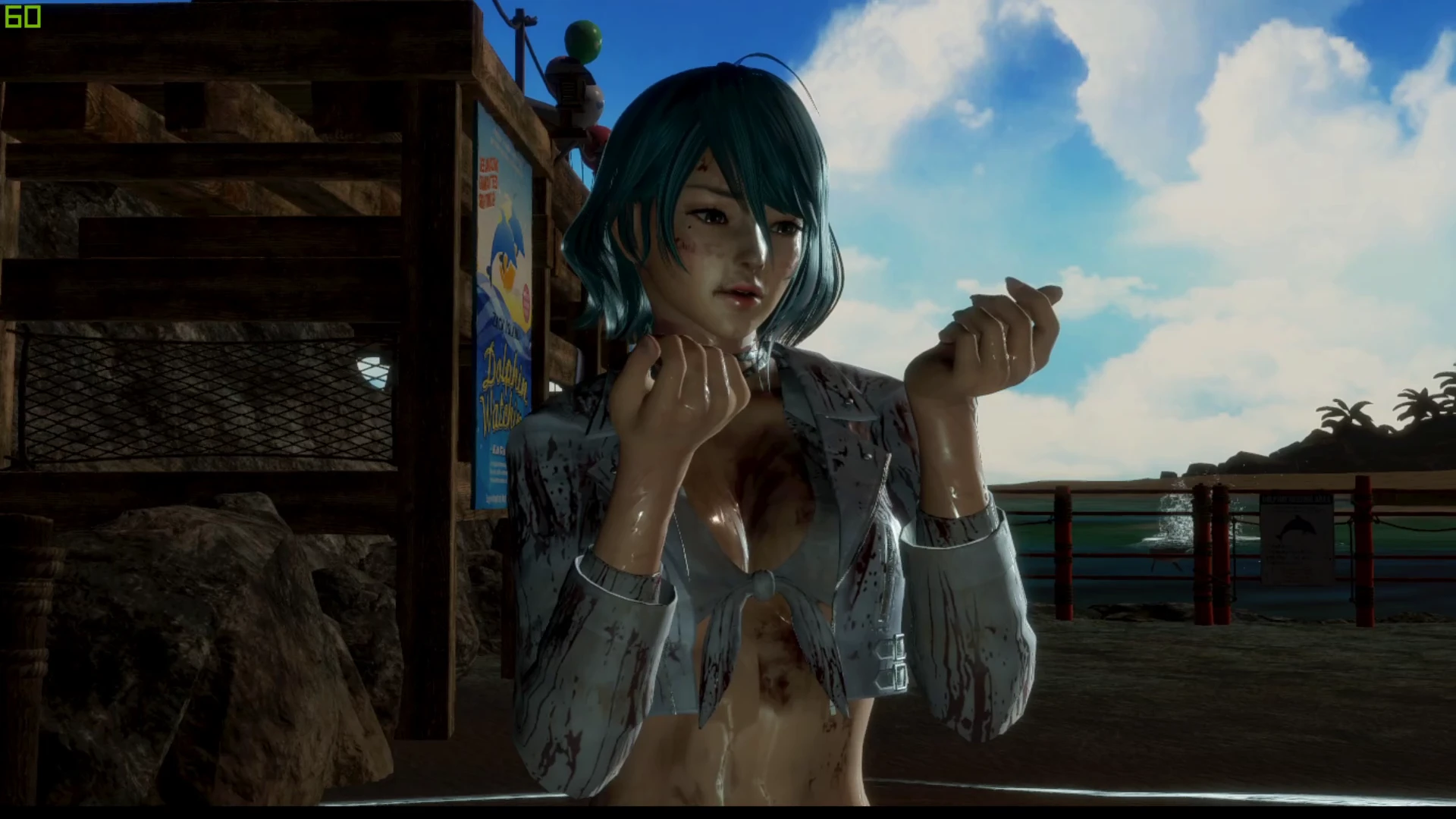

No, totally unrelated because the recession appeared before Omicron variants in NZ. Thi thing is that China's death rates depend on hiding covid deaths, which is why international experts abstain from praising them, the CCP systematically blames any covid death in whatever other problem the patient may have, and since 90 to 95% of the covid patients that die have some other health problem this means the real death rate in China is up to ten to twenty times more than what they report.

This material may not be published, broadcast, rewritten or redistributed without permission.Īnd let me guess China's is lower. Protest leader Brian Tamaki told the crowd he was starting a new political party to contest the election.Īuthorities said there were no initial reports of violence or other problems at the protests. Many of the protesters said they were hoping that Prime Minister Jacinda Ardern would get voted out in next year's election. “We're just here for the day, a peaceful day, just to get our message through to the public and the people of Wellington,” he said. He said he'd traveled from Auckland to protest but wasn't planning an occupation. Hungahunga said every New Zealander had been negatively impacted by the mandates. Like many of the protesters opposing mandates and other government's actions, Mania Hungahunga was part of a group called The Freedom & Rights Coalition and a member of the Destiny Church. “There’s no blueprint for handling a pandemic,” she said. Maugham said the government hadn’t done everything perfectly but had done a good job overall. “I’ve got nothing but respect for the mandates, for the vaccinations, for the way the health providers have handled the whole thing,” she said. We want to work where we want to work, without discrimination.”Īt the counter-protest, Lynne Maugham said she and her husband had extended a stay in the capital to attend. “We’re not here to be controlled,” Page said. Protester Carmen Page said people who hadn't been vaccinated face ongoing discrimination and people lost their jobs and homes as a result of the mandates, which she said amounted to government overreach. Tuesday's protest was as much about lingering discontentment over the government's handling of the crisis as it was about current rules, including a requirement that people wear masks in stores. It has also removed requirements that people be vaccinated to visit stores and bars. But it has since removed most of those mandates, with the exception of health workers and some others. New Zealand's government initially required that health workers, teachers, police, firefighters and soldiers get vaccinated. The earlier protest had been more sharply focused on opposition to COVID-19 vaccination mandates. The two sides shouted insults but a line of police officers kept them physically separated.

This time there was also a counter-protest, with several hundred people gathering in front of Parliament as the main march entered the grounds. The previous protest created significant disruptions in the capital and ended in chaos as retreating protesters set fire to tents and hurled rocks at police. And police ensured a repeat was unlikely by closing streets, erecting barricades and banning protesters from bringing structures onto Parliament's grounds. Many of the protesters said they had no intention of trying to stay. About 2,000 protesters upset with the government's pandemic response converged Tuesday on New Zealand's Parliament - but there was no repeat of the occupation six months ago in which protesters camped on Parliament grounds for more than three weeks.


 0 kommentar(er)
0 kommentar(er)
